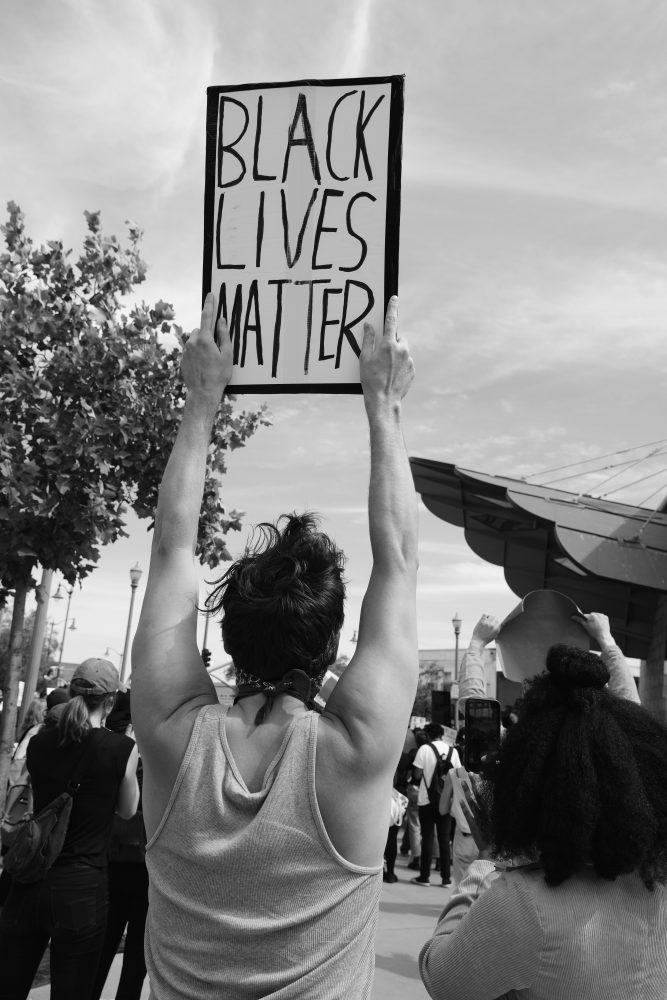

Being married to an historian who is an expert on 20th Century Dictators (!) our conversations have come back to the same topic time and time again over the last 10 weeks – how to create a fairer society for all post COVID-19.
We know that the virus has disproportionately affected the BAME community, that women are more likely to lose their jobs (than men) and that this year’s school leavers and graduates will face more difficulty getting their first job than any year group since 2009. So, as we rebuild the economy and reposition our businesses, how do we ensure that after all the hard work on Inclusion over the last decade we don’t end up going backwards.
During World War Two the debates about the future of society grew in momentum. There was constant propaganda about how society was all in it together, and, long forgotten now, much moaning about the inefficiencies of government – at least until we were winning (the war).
Of course no historical events are the same; the circumstances are similar but different. Western societies are under pressure like no other time since 1945. Italians complain that their government has been unsupportive, race riots in the US highlight rampant inequality. Here in the UK the BAME community has been disproportionately hit by the COVID crisis.
Thoughts are turning to rebuilding economies and societies in more equitable and climate-friendly ways. In the midst of the turmoil there is a great opportunity to reinvigorate campaigns for more diversity in hiring, retention and promotion practices. The stigma of home working has surely been removed; the value of our BAME community has never been more graphically shown than by our heroic NHS and care home staff, so many of whom are first or second generation migrants to our shores.
Just as the modern welfare state emerged from the ashes of World War Two, so may the profound shock of COVID inspire a refashioning of our society to value all its members. But where is the creative thinking coming from? During World War 2, the desire for reform, within the political leadership, and alongside it, came from progressive thinkers such as Beveridge, Keynes, Archbishop William Temple and RA Butler. Who is leading a national debate now? Leaders from the business world cannot afford to sit idly by, content to protect vested interests. Now is the time for Business Leaders to inspire, act and be bold.
A national debate about our country’s future has started. It will gather pace. As business leaders rebuild their organisations, it has never been more important to create level playing fields and accessible futures for us all.
Over the next few months we are running a series called ‘Where are they Now’ and we aim to shine a light on women, BAME professionals and young entrepreneurs who are pushing the boundaries and are role models for the new post COVID-19 economy.
To find out more about how you can get involved, please visit the BAME2020 site
Amanda Fone, CEO & Founder f1 Recruitment
Picture: Mike Vonn @ Unsplash